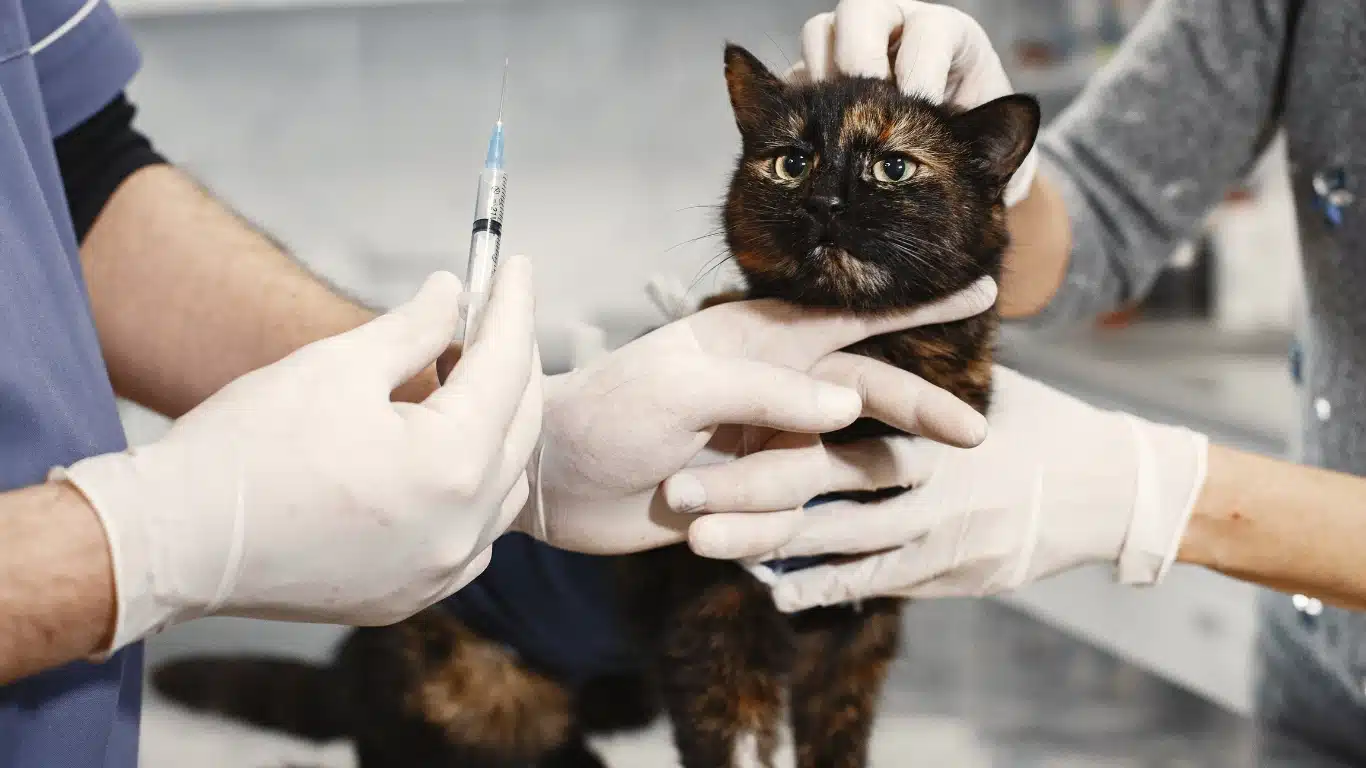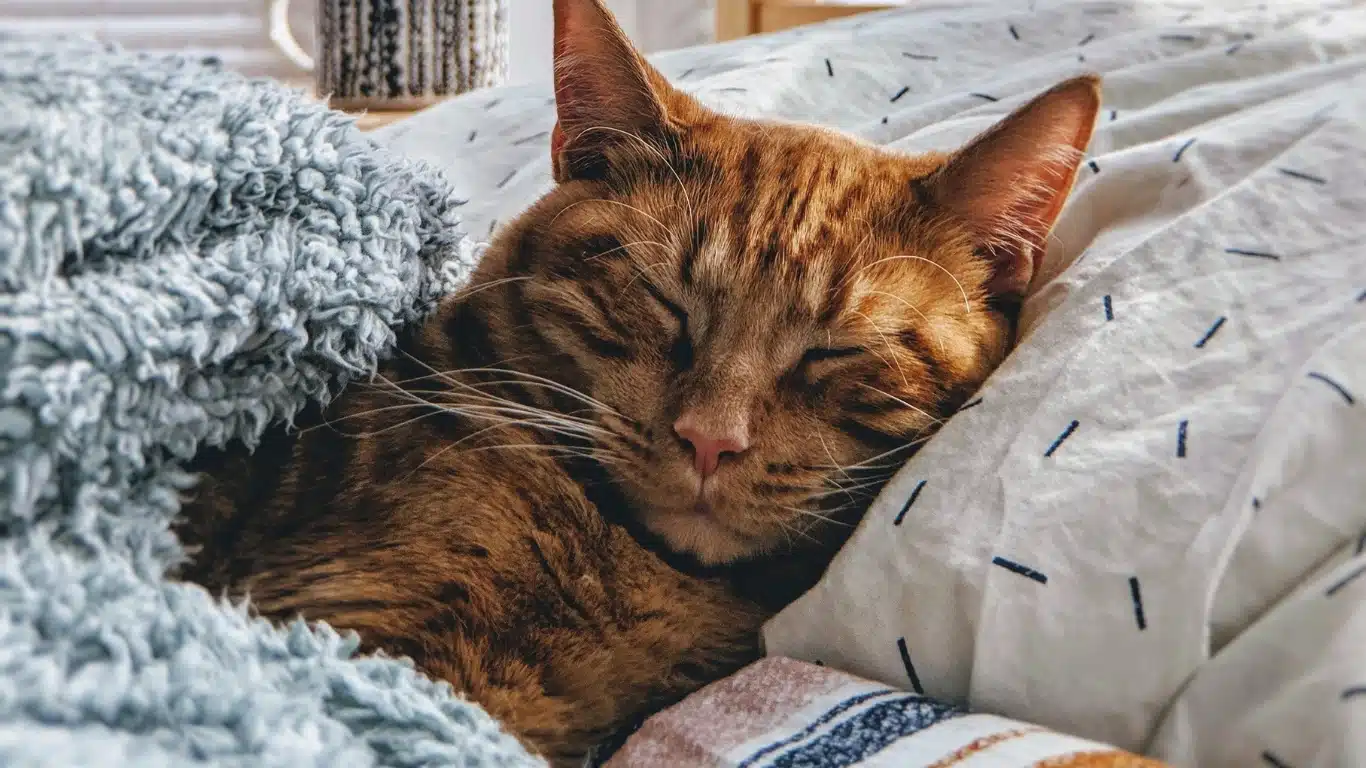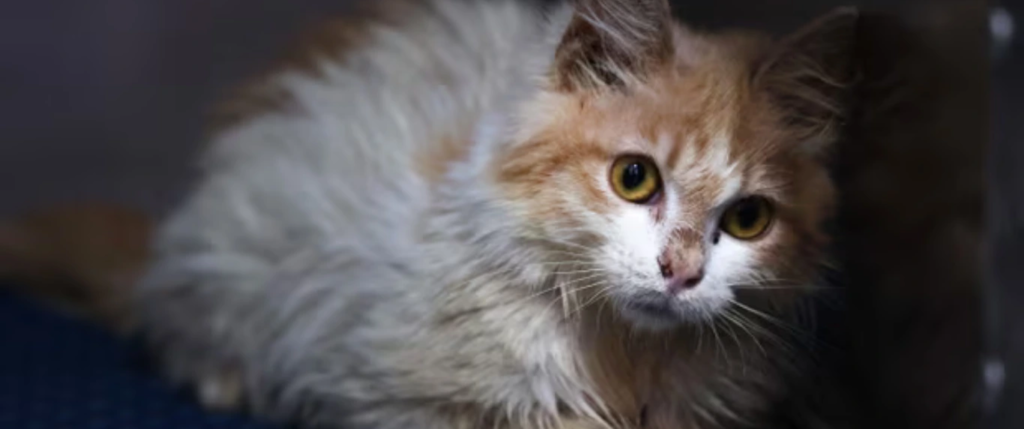Article written by Helena Smith
Originally published by The Guardian (Thu, Aug 10, 2023)
Vets receive medication originally meant for people amid virulent feline coronavirus that has killed thousands of cats
Veterinary services in Cyprus have received a first batch of anti-Covid pills, from a stockpile originally meant for humans, as efforts intensify to stop the spread of a virulent strain of feline coronavirus that has killed thousands of cats.
The island’s health ministry began discharging the treatment on 8 August – long celebrated as International Cat Day – in what is hoped will be the beginning of the end of the disease that has struck the Mediterranean country’s feline population.
“We have taken stock of 500 boxes of medication,” Christodoulos Pipis, the government’s veterinary services director, told the Guardian. “This is the first batch of 2,000 packages that will be made available. Each one contains 40 capsules so we are talking about a total of 80,000 [anti-Covid] pills.”
Distribution of the drugs follows an “alarming increase” in Cyprus of cases of feline infectious peritonitis (FIP) caused by feline coronavirus which, if left untreated, is almost always fatal.
Defined as the “FCoV-23 outbreak”, the virus was first noticed in January in Nicosia, the Cypriot capital. Within three to four months it had spread across “the whole island”, according to the Pancyprian Veterinary Association (PVA).
Experts at the university of Edinburgh, investigating the outbreak in collaboration with the PVA, found that within 12 weeks the number of FIP cases confirmed by PCR (polymerase chain reaction) tests rose 20-fold compared with the previous year.
Dr Charalampos Attipa, senior lecturer in veterinary clinical pathology, who is heading the University of Edinburgh team, said: “Our studies are very much focused on identifying the possible mutation that has led to this highly virulent FCoV strain.”

Although the mutated feline virus is not related to Covid-19 and cannot be contracted by humans, molnupiravir, the active ingredient in anti-Covid pills, has proved to be beneficial to cats diagnosed with FIP.
Shed in the faeces of infected cats and then spread through contact, feline coronavirus was first recorded in the 1960s. Outbreaks of FIP, though rare, have previously occurred in the UK, US, Taiwan and Greece, but were always confined to catteries.
In Cyprus the virus appears to have assumed a much more virulent infectious form with even indoor-only pets falling victim.
“This country is a slaughterhouse for animals,” said Zelia Gregoriou, an assistant professor in the education department at the University of Cyprus, who lost her elderly indoor cat to the disease last weekend. “Yes the government has made this announcement, this little firework, but it’s very contradictory because nothing is being done for cats [here]. Instead there is a policy of thanatopolitics, an economy of death, which is how the slaughterhouse works. In reality, they would rather let them die.”
The island’s Cat Protection and Welfare Society (PAWS) recently made the dramatic claim that about 300,000 felines, both domesticated and stray, had perished as a result of galloping FIP transmission rates since January. Local veterinarians described the figure as “an exaggeration”, putting it instead at 8,000 deaths in the first half of 2023, but have not disputed the severity of the outbreak.
“It’s just not true that we are an island of dead cats, but what is happening is very serious,” said the PVA president, Nektaria Ioannou Arsenoglou, adding that afflicted animals could be nursed back to health in both the “wet” and “dry” forms of the illness if given the proper treatment. “We’re very happy that the drug has now been approved. It will give people the ability to treat their cats so that more can be saved … it will definitely make a difference.”

Other anti-virals on the market had been prohibitively expensive. “Our main therapeutic goal since January has been to have a treatment plan that would be more widely available as the costs were so high. There is a problem and cases are increasing,” said Arsenoglou.
Last week when the cabinet announced it would allow part of the island republic’s official stock of human coronavirus medication to be used, cat lovers rejoiced because the anti-Covid pills were so much more affordable.
“Each pack will cost €100,” said Pipis, noting that by the end of the week the first batch of drugs would be distributed to veterinary centres across five districts. “One hundred packages will be delivered to each district. Cat owners who have a prescription from a vet will be eligible to buy it.”
The EU’s most easterly state, Cyprus is famed for its prolific feline population. Legend has it that cats were introduced by St Helena, the mother of the Roman emperor Constantine the Great, who ordered that they be sent in from Palestine and Egypt to rid the island of venomous snakes.
Attipa said that given the UK’s traditionally close ties with the former colony it was vital that restrictions were placed on cats travelling to and from Cyprus while the cause of the outbreak was being researched. Scientists at the University of Edinburgh are in the process of sequencing the viral strain.
“The outbreak provides a unique opportunity to study and sequence the feline coronavirus in great depth. And the findings will be beneficial for all cats globally,” Attipa said.

